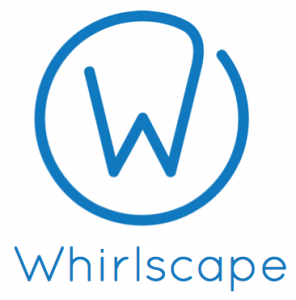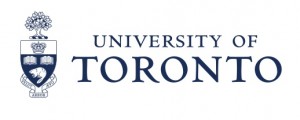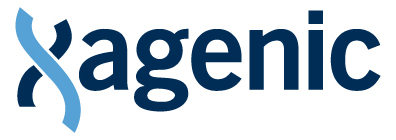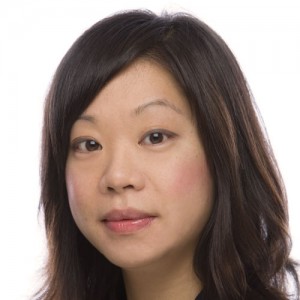The Varsity on UTEST and start-up culture at U of T; Whirlscape launches new Minuum smartwatch demo
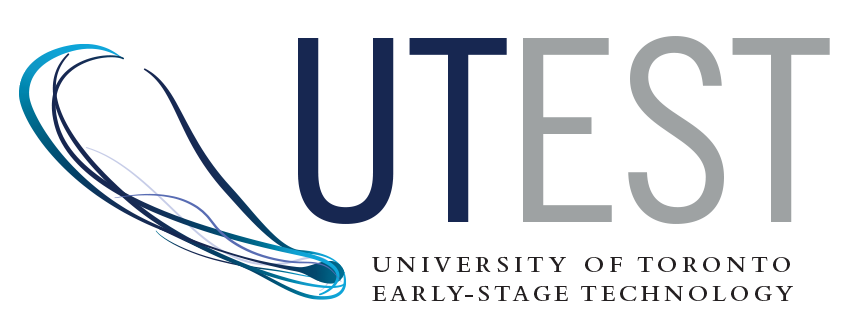 “Start-up culture is fast taking hold at U of T, with an array of incubators and accelerators providing student entrepreneurs the resources and mentorships required to get their businesses up and running,” writes Ameya Charnalia of The Varsity, the University of Toronto’s student newspaper.
“Start-up culture is fast taking hold at U of T, with an array of incubators and accelerators providing student entrepreneurs the resources and mentorships required to get their businesses up and running,” writes Ameya Charnalia of The Varsity, the University of Toronto’s student newspaper.
Charnalia’s article focuses on new student-focused incubators, such as the UTEST program, which provide entrepreneurs cash, access to in-house expertise, working space and mentorship to advice their ideas.
It appeared in the same week that recent UTEST graduate Whirlscape released a new demo video showing their Minuum keyboard technology running on a LG G watch, which is also an Android Wear device. The announcement was covered in TechCrunch, engadget, Pocketnow, Android Police, SlashGear, BGR, Mobile Syrup, 9to5Google, and DroidLife, among other tech blogs.

